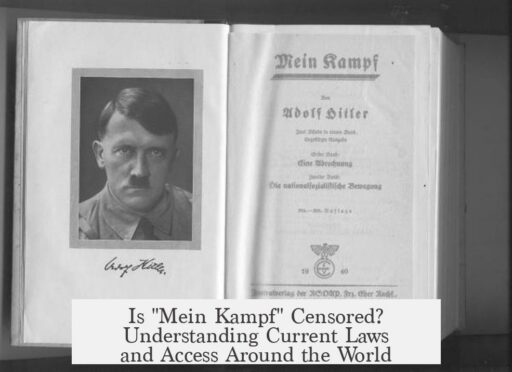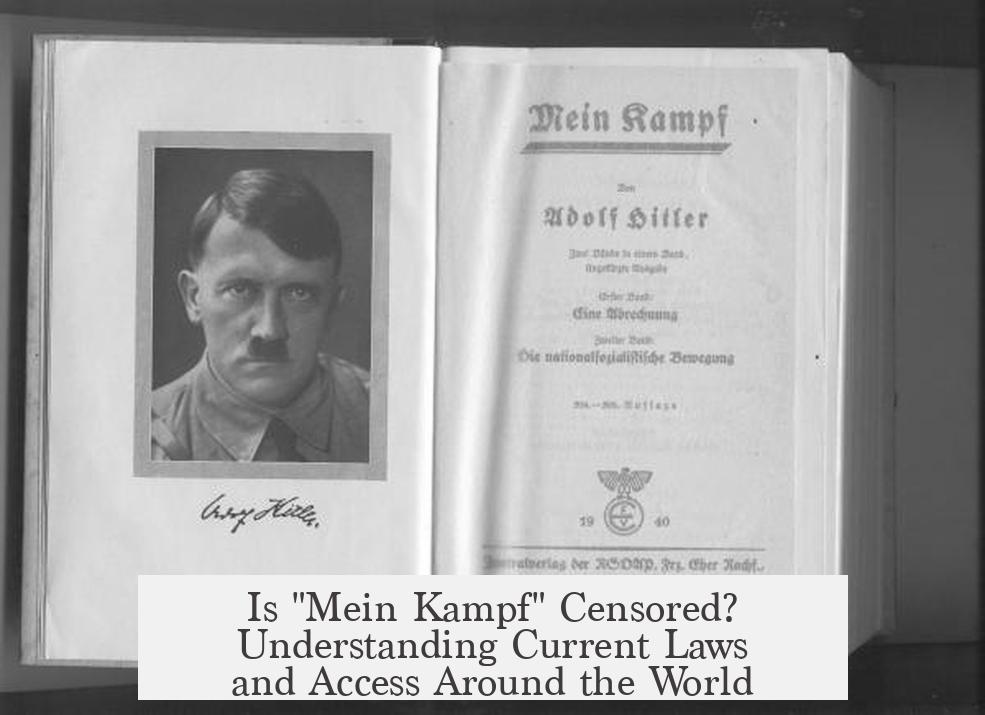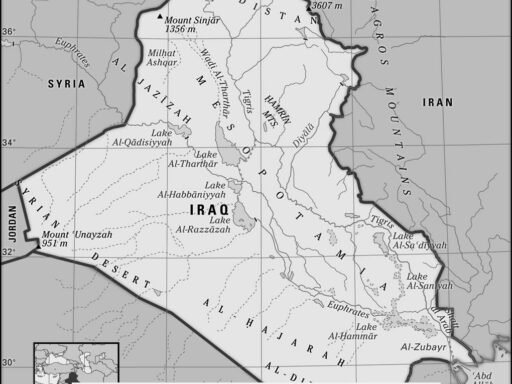“Mein Kampf” is not outright censored but is subject to complex legal and historical restrictions, especially in Germany. Initially, its publication was banned under copyright law until December 31, 2015, following Adolf Hitler’s death in 1945. The book was published by the NSDAP-affiliated Eher Verlag in Bavaria, which became US-occupied after World War II. The US authorities confiscated the publisher’s assets, and the Bavarian state forbade its postwar publication. Ownership and possession were never illegal, only publishing without restriction.
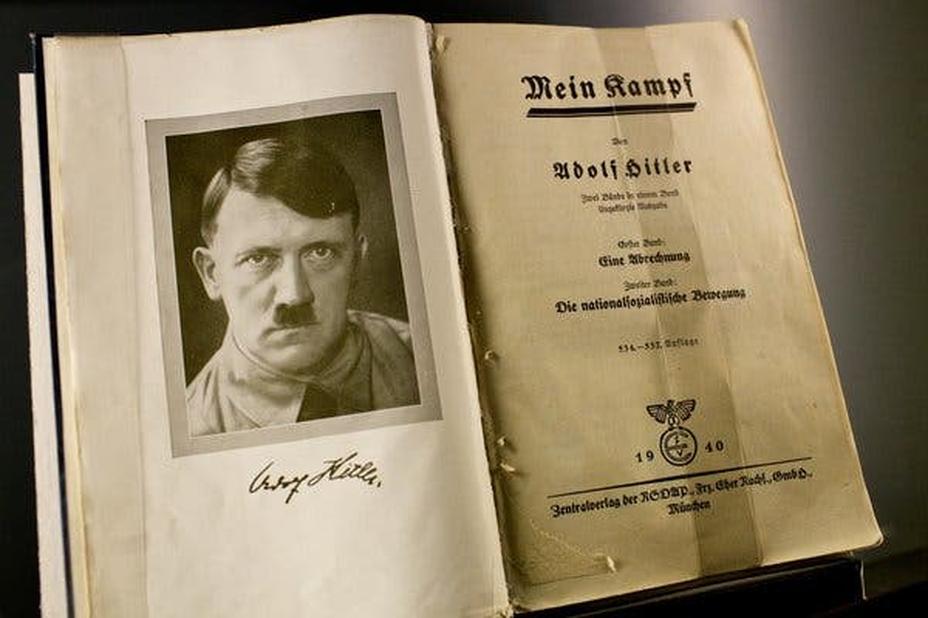
After the copyright expired, the Institut für Zeitgeschichte released a carefully annotated, critical edition of “Mein Kampf.” This academic publication offers historical context and analysis aiming to educate rather than promote Nazi ideology. The critical edition works to deconstruct and demystify the text. Bavaria initially approved this edition but later withdrew official consent, reflecting ongoing sensitivity. Since 2022, this edition is accessible online for free in German. Paper versions are sold but are costly and not widely promoted in bookstores, underscoring its scholarly intent.
Internationally, “Mein Kampf” has never been banned and is widely available, often in translation. Libraries, secondhand markets, and digital formats offer legal access. Ownership has never been restricted, distinguishing Germany’s approach from outright censorship. Copyright was the main tool limiting publication postwar.
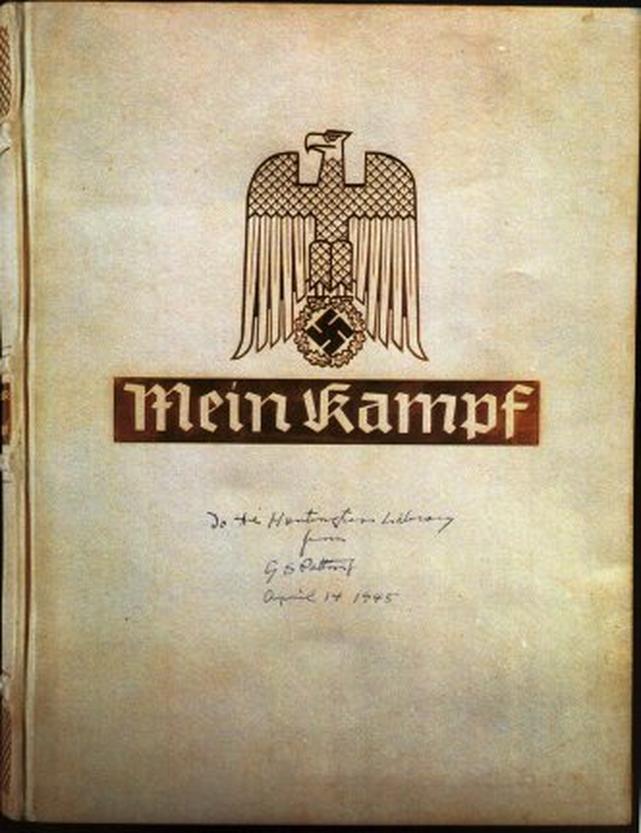
Republishing the text without annotations remains legally questionable in Germany due to Section 130 of the German Criminal Code (§ 130 StGB), which prohibits incitement to hatred (“Volksverhetzung”). “Mein Kampf” is cited as an example under this law. A plain republication would likely provoke legal and public backlash. However, educational uses, quoting, and annotated editions can be exceptions.
| Aspect | Details |
|---|---|
| Copyright Status | Expired in 2015, ending previous publishing ban in Germany |
| Post-Copyright Publication | Annotated critical academic edition by Institut für Zeitgeschichte |
| Availability | Free online in German; paper versions sold with limited promotion |
| Ownership Rights | Never illegal internationally or in Germany |
| Legal Restrictions | § 130 StGB restricts unannotated republication in Germany |
- Publishing was banned under German copyright until 2015, not ownership.
- The annotated edition aims to educate and contextualize the text.
- Internationally, it has always been legally available.
- Plain republication without context likely violates anti-hate laws in Germany.
- Access is possible mainly via academic or educational channels.
Is “Mein Kampf” Censored? The Complex Reality Unveiled
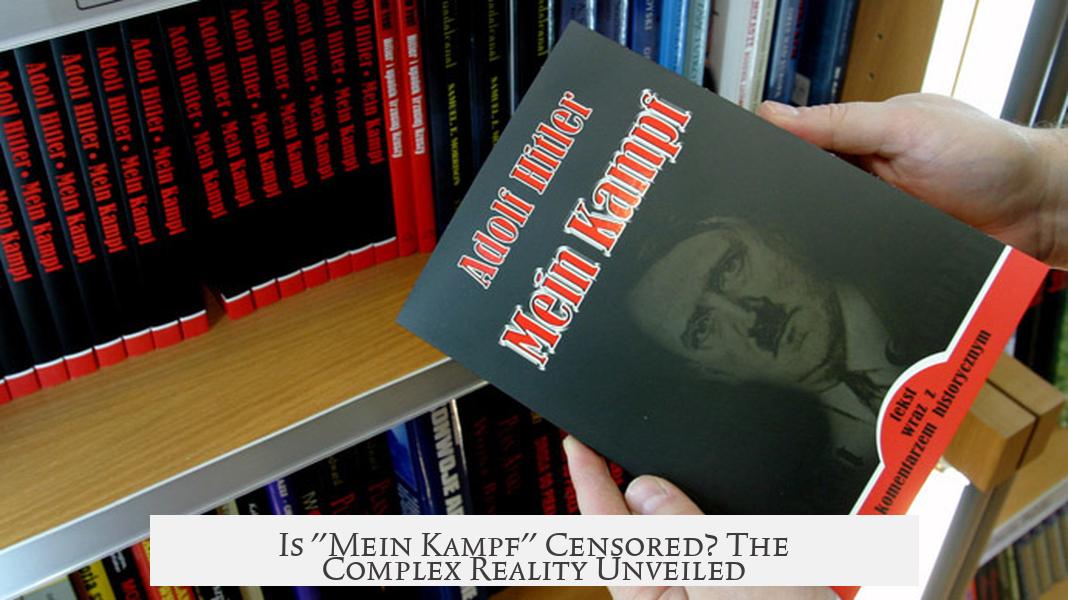
Is “Mein Kampf” censored? The short answer: not in the way most people imagine. Ownership of Adolf Hitler’s infamous manifesto has never been outlawed, but its publishing and circulation have been carefully controlled—especially in Germany, where the book’s historical and political shadow looms largest.
Let’s break this down with facts that reveal why “Mein Kampf” sits in a peculiar legal and cultural space, especially after World War II.
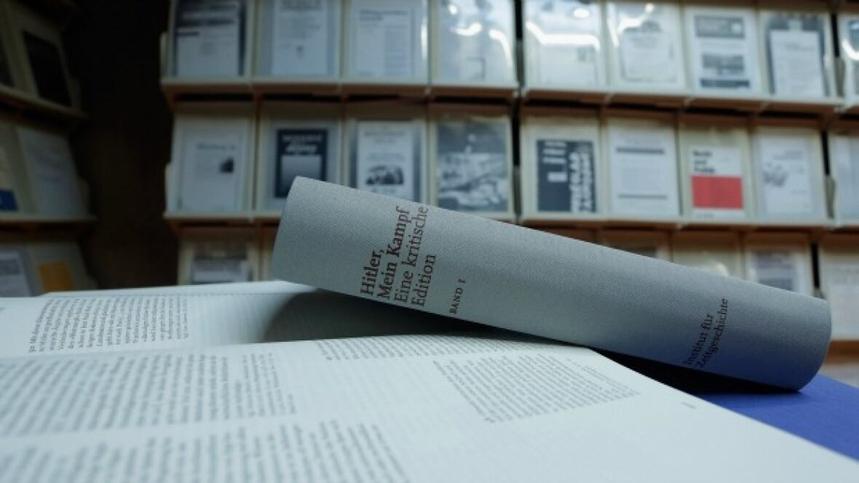
The Copyright Conundrum and Publishing Ban in Germany
First, it’s crucial to understand one quirk: for decades, the book was under official copyright protection in Germany. Surprisingly, not because of any respect for Hitler’s ideas, but because copyright law grants protection for 70 years after an author’s death. Since Hitler died in 1945, that period expired precisely on December 31, 2015.

During this copyright period, the book itself was not banned outright. Instead, the actual publishing was strictly prohibited. This unusual situation stemmed from post-war circumstances. The original publisher, Eher Verlag, was the Nazi Party’s official press and its assets were seized by the US military occupying Bavaria. As a result, Bavaria took a hard stance and effectively banned any new editions of “Mein Kampf.”
Bottom line? You could own the book, even pre-war editions or international translations, but you could not legally *publish* or print it again in Germany.
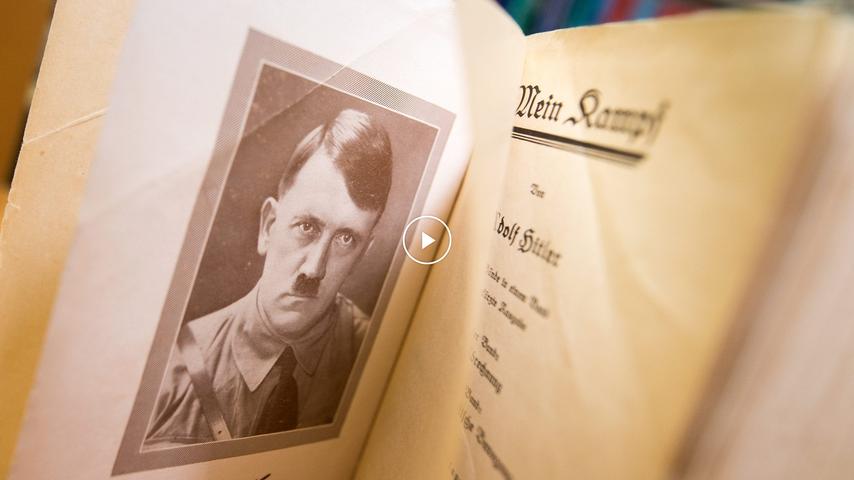
The Critical Annotated Edition: Publishing with a Purpose
Once copyright ended, many feared a flood of uncritical reprints. Germany—and especially Bavaria—wanted to avoid a careless resurgence of Nazi propaganda. To combat this, the Institut für Zeitgeschichte (Institute for Contemporary History) undertook a massive project to publish a special edition with extensive scholarly annotations.
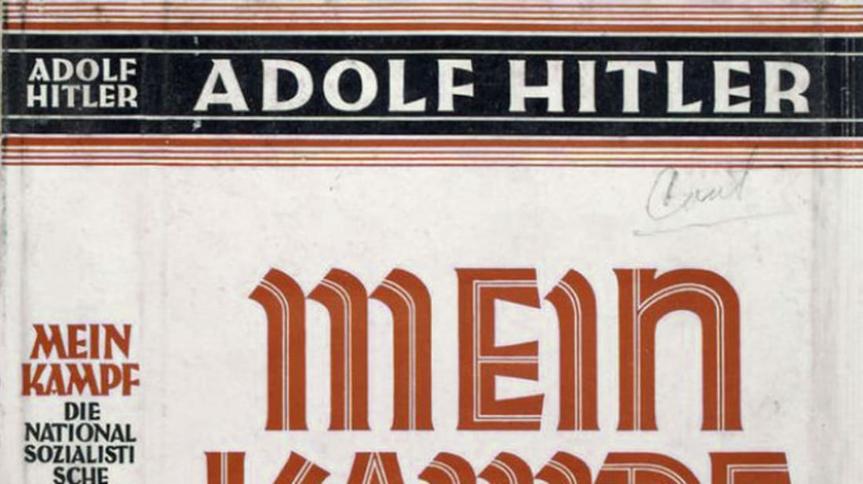
This annotated edition isn’t a mere reprint. Historians spent years dismantling the text’s ideological lies, providing context, and exposing Hitler’s manipulative rhetoric. This edition aims to *educate* and *demystify* the book rather than glorify it.
It’s fascinating yet sobering to picture a book once banned because of its publisher’s Nazi ties now being released with footnotes that dissect the hateful ideology inside. It’s a form of turning darkness into lessons.
Since 2022, this critical edition is freely available online in German (click here to explore), promoting open access to historical truth. Physical copies exist too but aren’t widely promoted in stores. They come at a steep price, signaling their role as academic, not “beach read,” material.
International Access and Ownership: No Censorship Overseas
Outside Germany, “Mein Kampf” has never really been censored. The book has been translated and distributed widely. Libraries lend it freely, and collectors acquire historical copies without fuss.
This distinction matters. Ownership of controversial material is legal worldwide. The battle is centered on responsible publishing. Germany’s wartime past and post-war reckoning fueled a unique struggle to control how and when this book appears.
Legal Boundaries to Republishing Without Commentary
Let’s tackle a smart question: why can’t publishers simply churn out unannotated copies now that copyright has expired? The answer lies in German law, specifically § 130 of the Strafgesetzbuch (StGB), the criminal code dealing with hate speech (“Volksverhetzung”).
This law prohibits works that incite hatred or glorify Nazi ideology. Reprinting “Mein Kampf” without educational context would likely violate this unless it is meant strictly for scholarly or critical use.
Although no one has tested this in court recently, public opinion and legal norms strongly discourage uncritical republication. Occasional exceptions allow citations for academic or educational purposes, underscoring that context matters more than mere availability.
Why Does This Matter Today?
In our digital age, you can find many texts online, almost impossible to censor fully. The German approach recognizes that fighting dangerous ideologies involves more than silencing them; it demands understanding and education.
Could you imagine a world where “Mein Kampf” circulates without context? Dangerous myths might resurface unchallenged. Instead, this carefully orchestrated controlled release forces readers to confront history with eyes wide open.
Practical Takeaways
- You can legally own and buy “Mein Kampf,” including outside Germany.
- In Germany, published copies with scholarly commentary are preferred and legally sound.
- Unannotated republishing risks violating hate speech laws, even post-copyright.
- To truly understand the past, critical editions provide historical and political context essential for education.
- Free online access to the annotated edition makes educated exploration possible—but be prepared for German language reading.
Closing Thoughts
Is “Mein Kampf” censored? Yes and no. It’s not banned from ownership or study but tightly controlled in publication, particularly within Germany. This legal and academic framework balances the right to knowledge with society’s responsibility to prevent hatred and misinformation.
By turning a dark artifact into an educational tool, contemporary Germany models how to confront troubling history—not by ignoring or hiding it, but by dissecting its poison carefully. In a way, this transforms censorship into a stronger weapon: knowledge.
Have you ever pondered how societies should handle controversial legacies? Would pure censorship be more effective, or does educating about the ugly truths better serve the future? The ongoing story of “Mein Kampf” challenges us to choose wisely.
Is “Mein Kampf” banned or censored in Germany today?
The book itself is not banned. Publication was restricted until copyright expired in 2015. Now, annotated critical editions are allowed. Simple republishing without commentary faces legal risks under hate speech laws.
Why did Bavaria withdraw its consent for the annotated edition after initially allowing it?
Bavaria initially supported the critical edition to educate and contextualize. Later, they found the topic complicated and withdrew official consent, but the edition remains accessible as an academic resource.
Can anyone republish “Mein Kampf” without comments now that the copyright expired?
Not easily. German hate speech law (§ 130 StGB) likely blocks unannotated republication, fearing it could spread extremist ideas. Educational use with commentary is generally allowed.
Is “Mein Kampf” available to the public outside Germany?
Yes, it has been widely available internationally, translated into many languages. Ownership and buying historical versions are legal worldwide. Internet access also makes it easy to find.
Where can I access the annotated edition of “Mein Kampf”?
Since 2022, the annotated edition is free online in German. Paper versions can be purchased but are costly and usually not openly promoted by bookstores.
